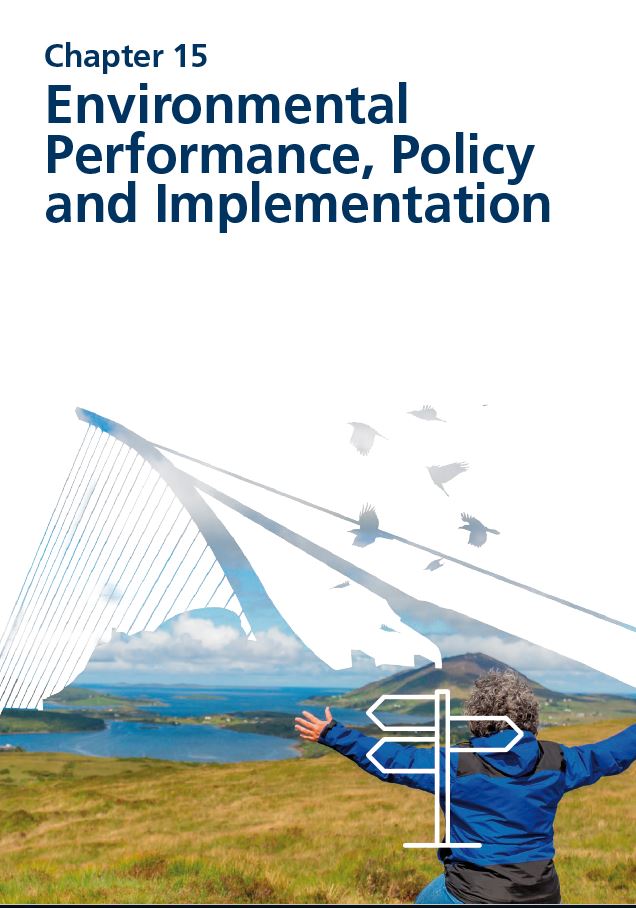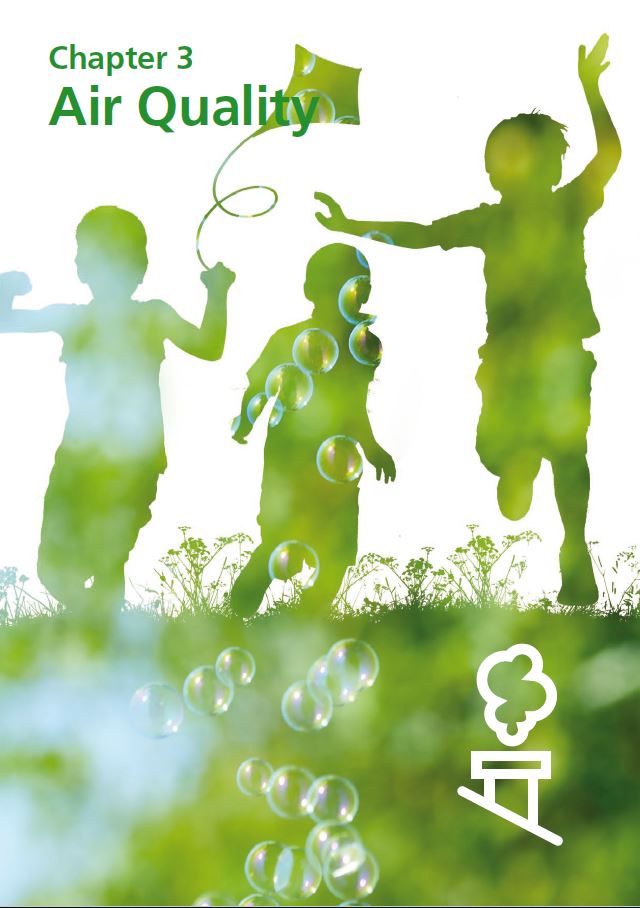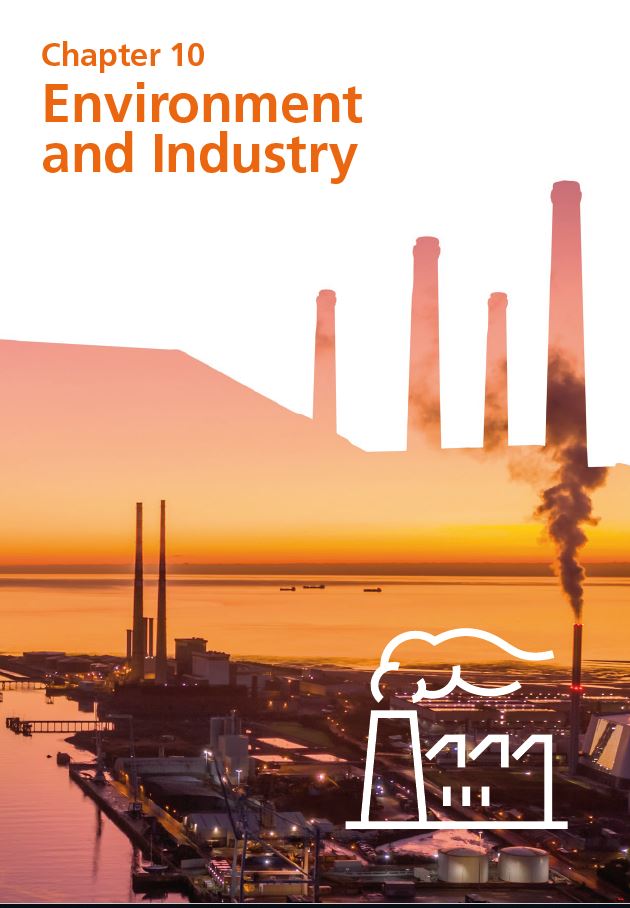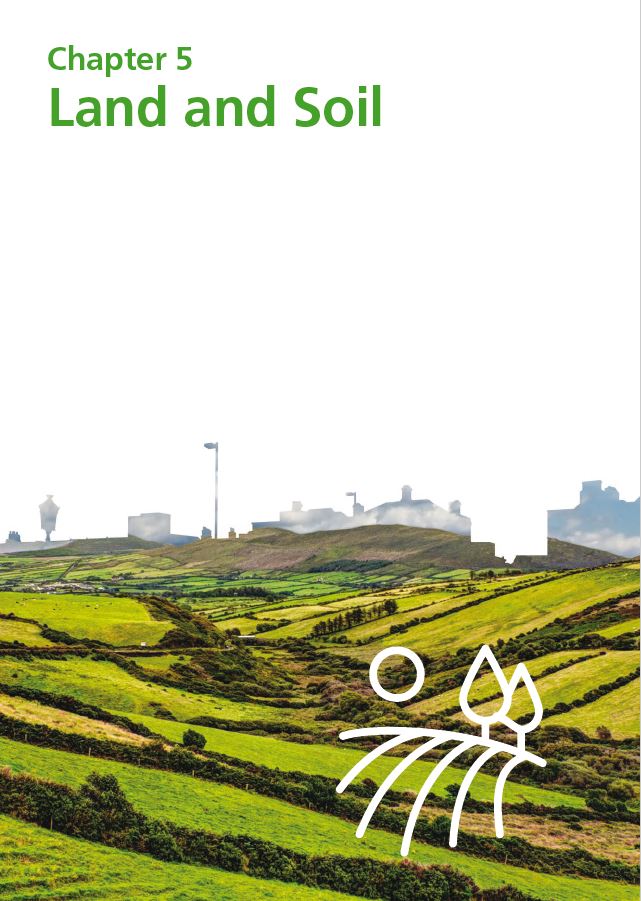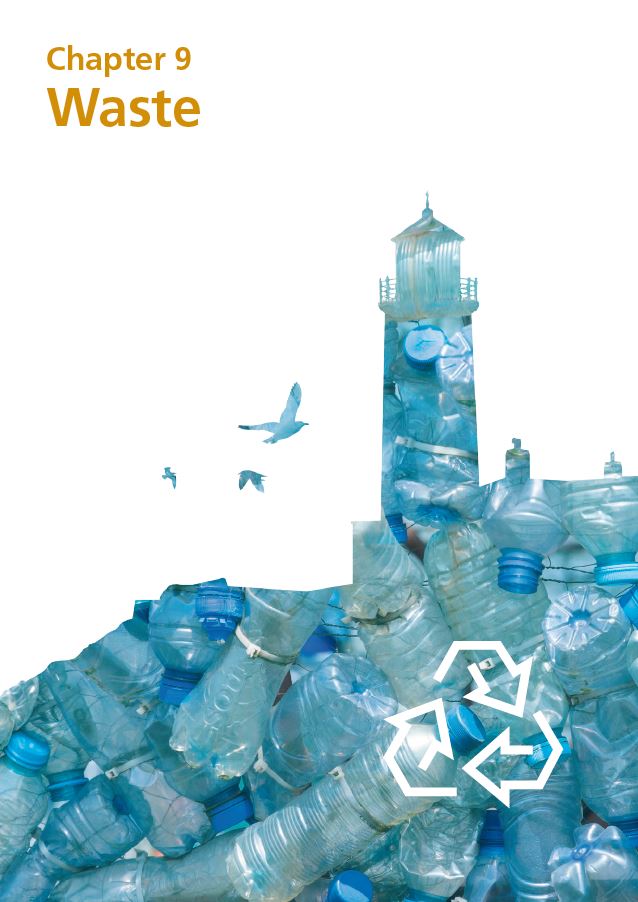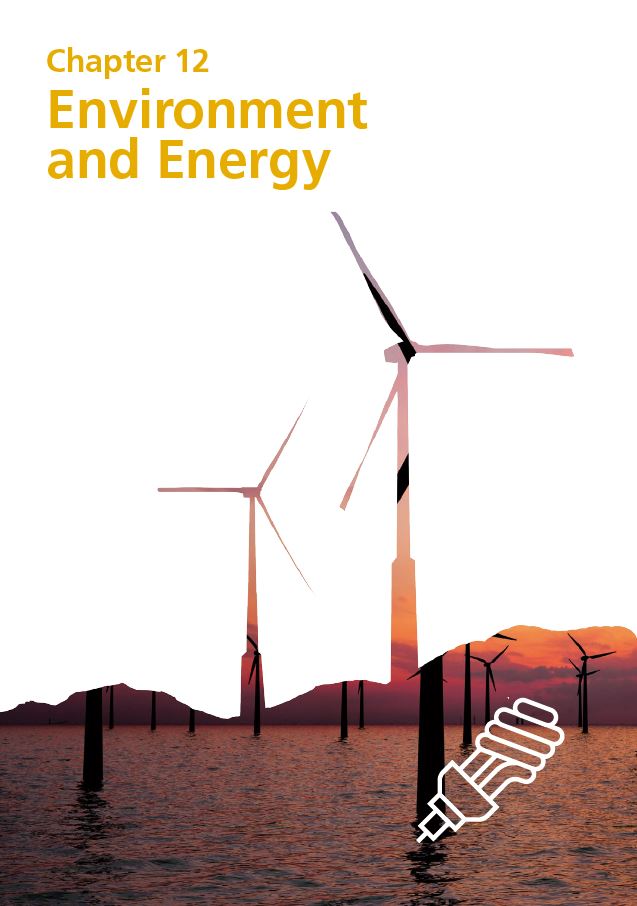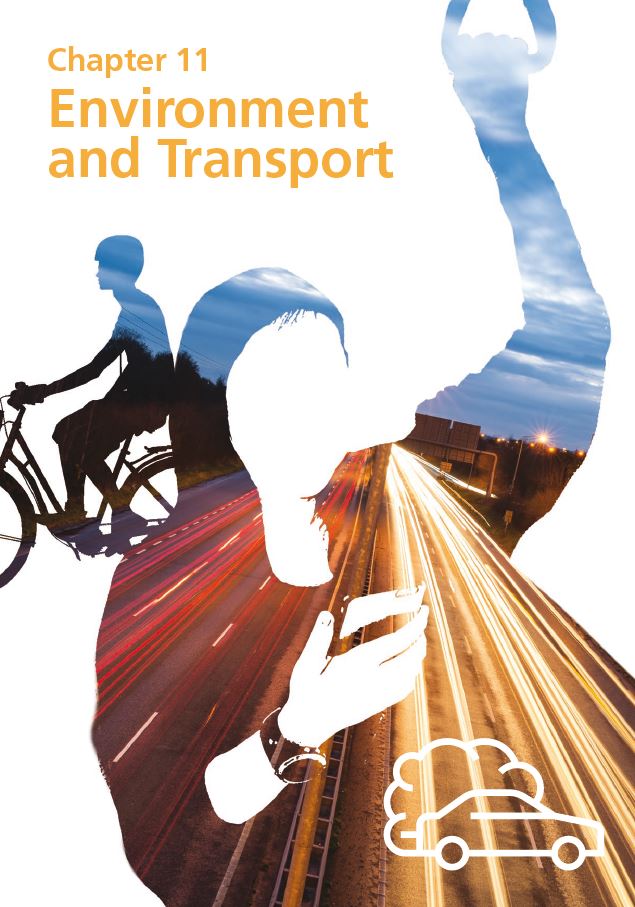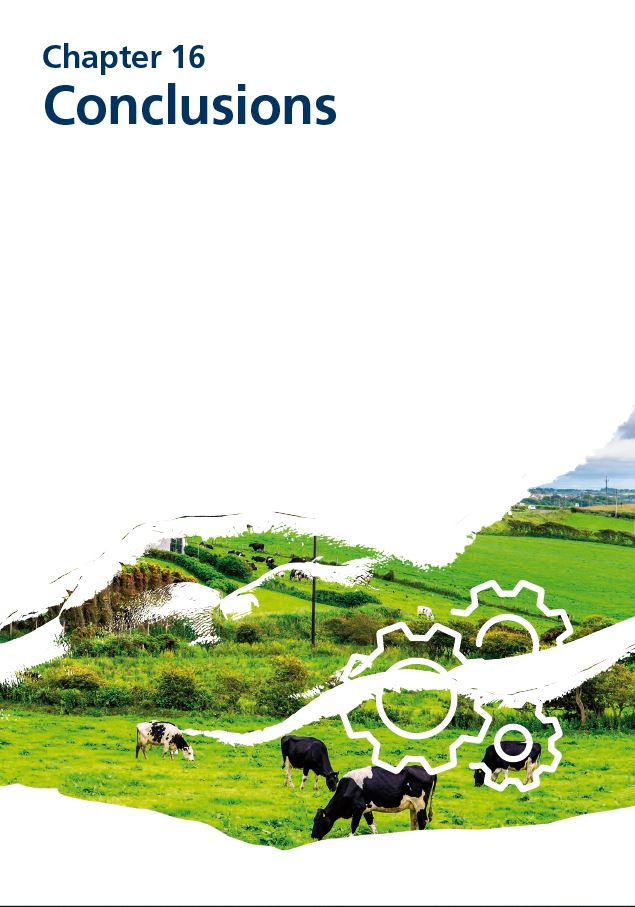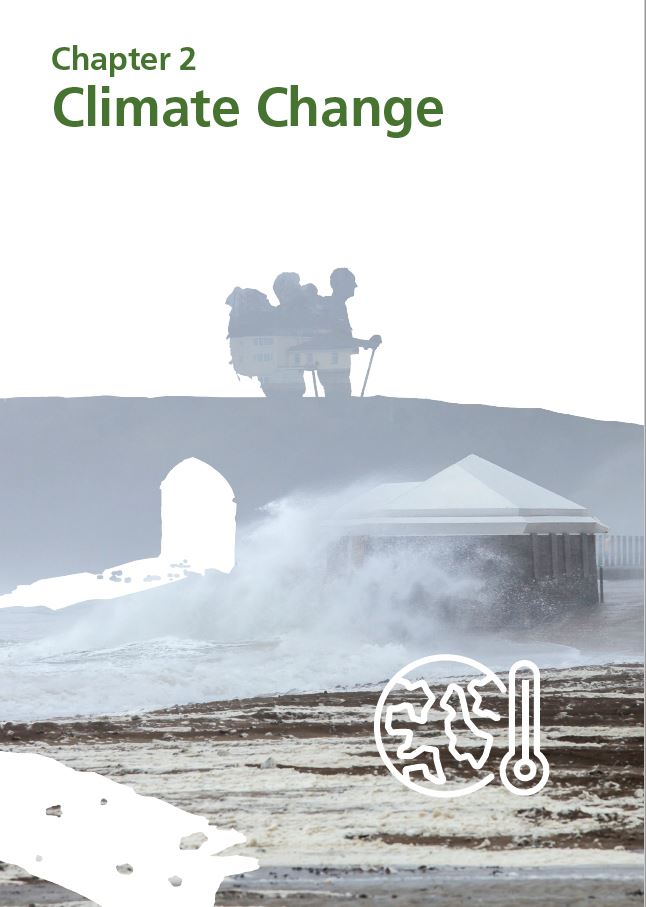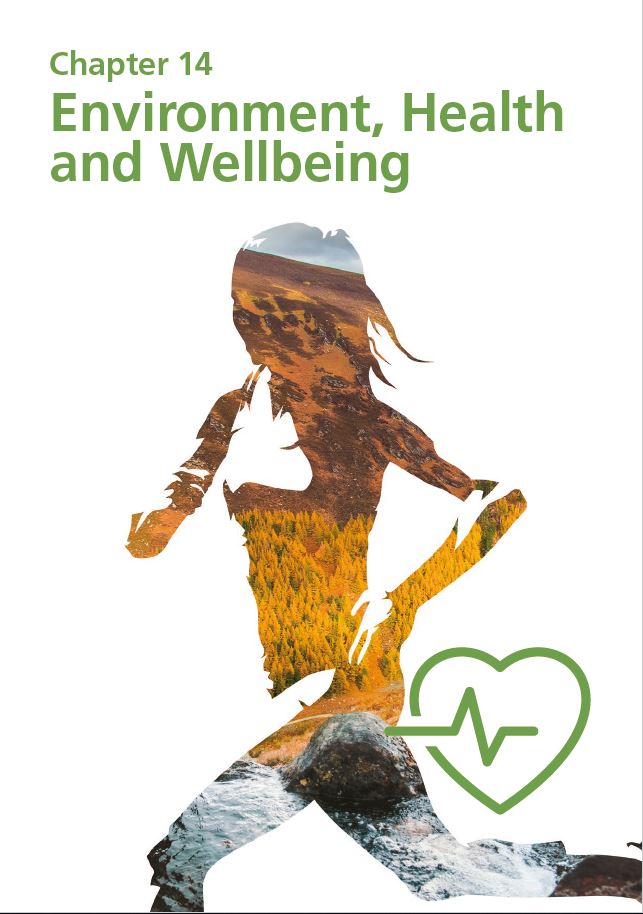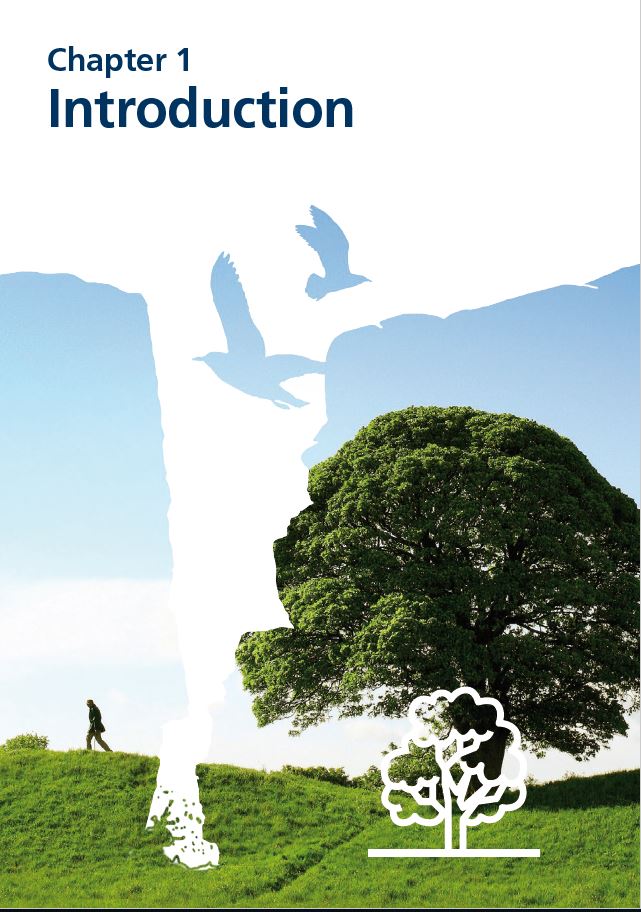Latest Assessment Publications
Call for Expert Evidence – Land Use - Submission Template
Year: 2021
Cover sheet template for inclusion with submissions on the Call for Expert Evidence - Land Use. This call will close on 24 January 2022.
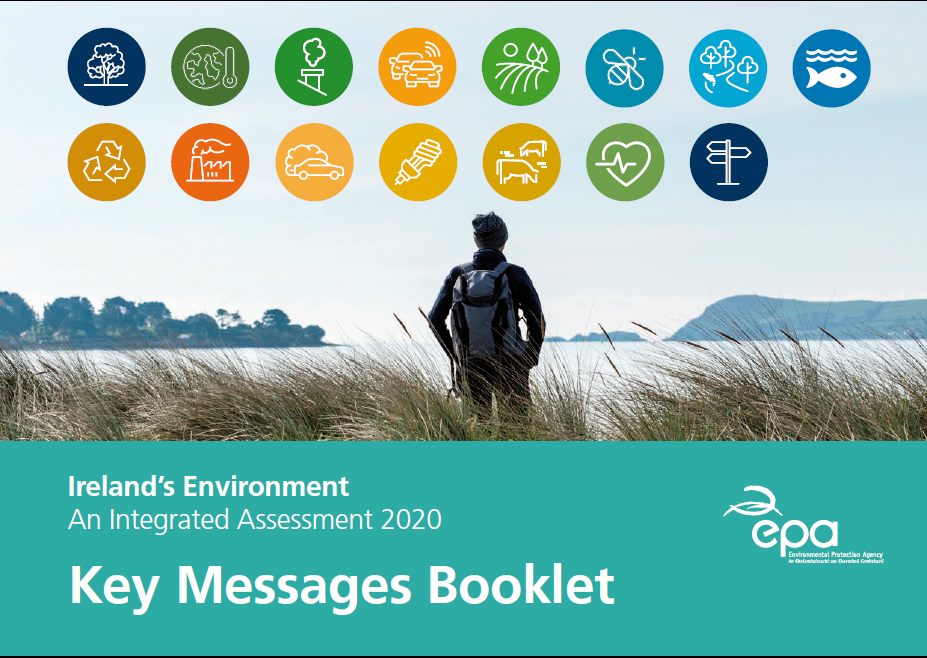
Ireland's Environment: An Integrated Assessment 2020- Key Messages Booklet
Year: 2021
Ireland’s Environment: An Integrated Assessment 2020 outlines the state of Ireland’s environment at a strategic and national level. This summary booklet presents the following information from the report: key messages; chapter highlights; current assessment and outlook; actions for a cleaner greener environment.
.jpg)
SEA Process Flow
Year: 2021
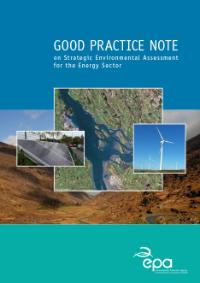
Good practice note on SEA for the Energy Sector
Year: 2021
This note provides good practice guidance on how to carry out strategic environmental assessment (SEA) of energy strategies/plans. It does not constitute statutory guidance and is intended to promote a good practice approach to the application of SEA in the energy sector.

SEA Action Plan 2021 - 2025
Year: 2021
Through the National SEA Forum the SEA statutory environmental authorities in Ireland have jointly developed an SEA Action Plan to implement the key priority recommendations of the second SEA Effectiveness Review. The implementation of this Action Plan will be dependent on a shared responsibility in delivering the key priority recommendations.
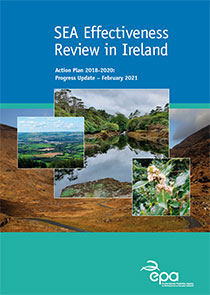
SEA Action Plan 2018-2020 - Progress Update 2021
Year: 2021
The EPA, in association with the other SEA environmental authorities, carried out a review of the progress made to date in the delivery of the various actions and recommendations in the 'SEA Effectiveness Review in Ireland Action Plan 2018–2020'. This Progress Update summarises the findings of this review.
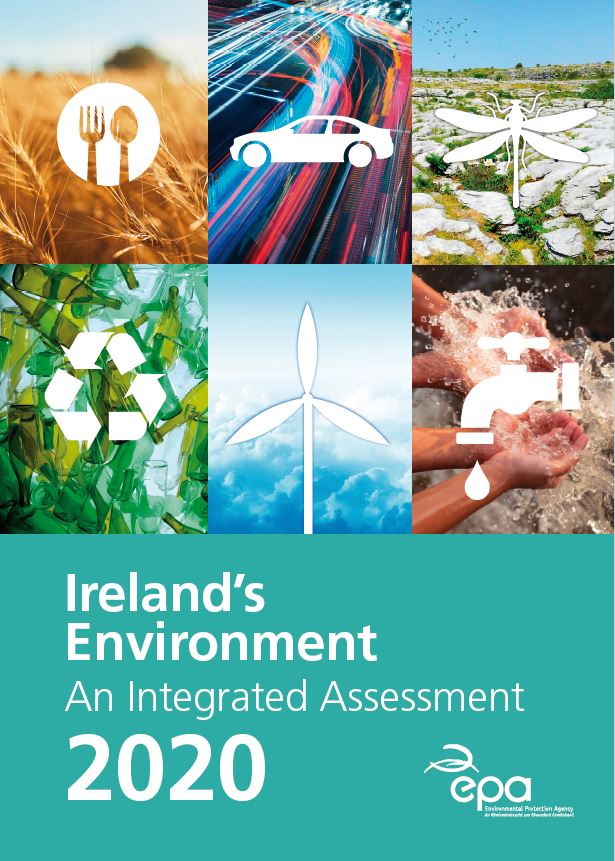
Ireland's Environment 2020 - An Assessment - Report
Year: 2020
Ireland's Environment 2020 provides an update on the environmental challenges that we face both nationally and globally. The report adds to a range of thematic and research reports available from the EPA that cover many of the issues reported on in more detail.
